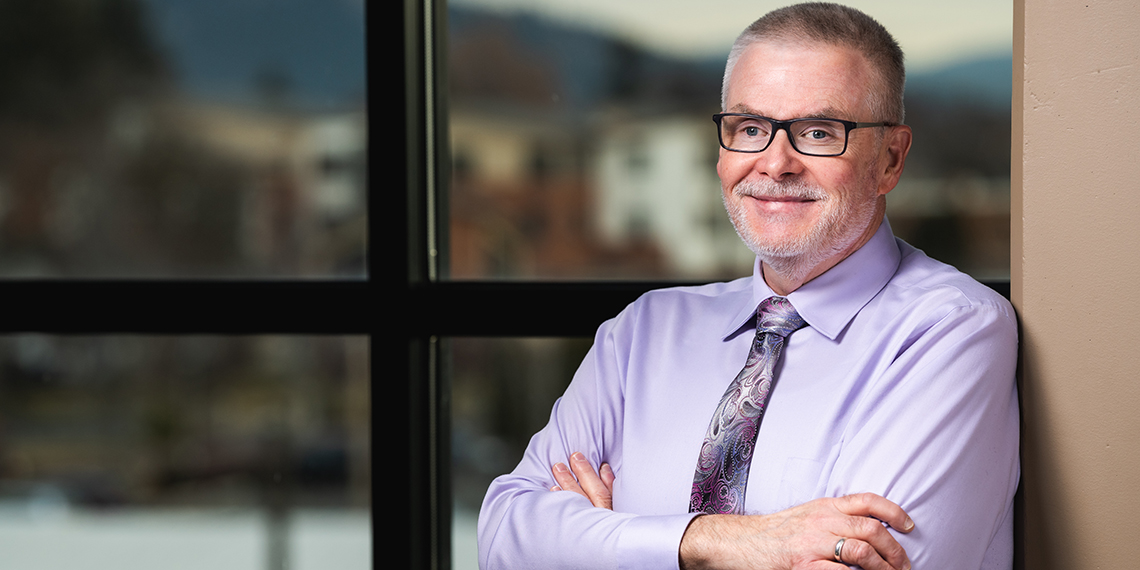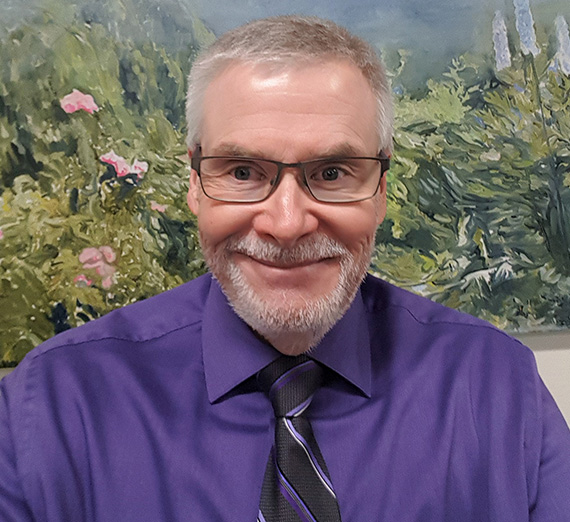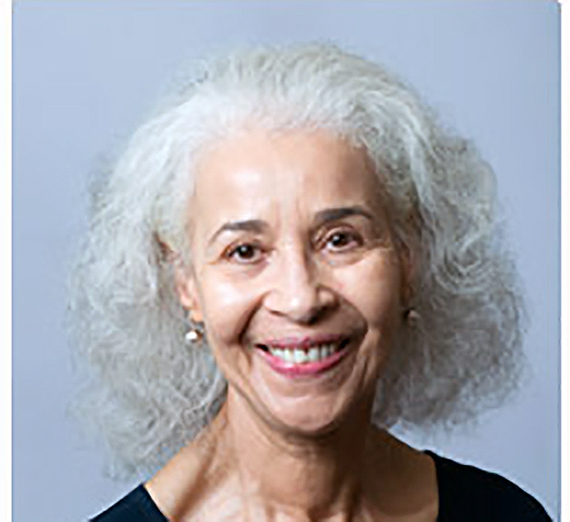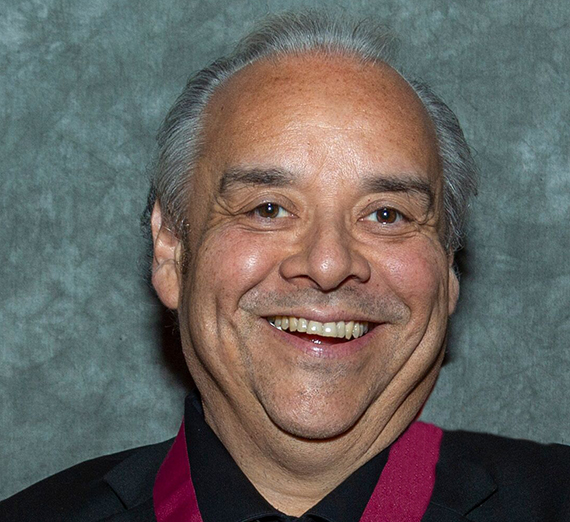Up Close: Nursing & Human Physiology Dean Vincent Salyers

‘The Sky is the Limit’
SPOKANE, Wash. — Vincent L. Salyers, Ed.D., and registered nurse, the new dean of the School of Nursing and Human Physiology, will embark on a strategic-planning effort, in conjunction with the development of the new academic affairs strategic plan, to identify and develop potential new pathways for students amid a career landscape growing increasingly bright with abundant opportunities.“There are just incredible possibilities both in state and certainly regionally, for individuals and for graduates to look for new roles and explore roles outside of traditional healthcare and industry settings,” said Salyers who became dean July 1 (2019). “The sky is the limit in terms of where our graduates can go, what they can do, and how they might impact the health and well-being of our communities. Graduates from our programs will see new and innovative ways to take their education to the next level and I think we’ll see them moving into positions that were previously undefined or unexplored.”
The school is well-positioned to determine its future, he said.
“We’re in a new place and time institutionally, and I think now, as a school, we’re able to look forward and decide who we want to be and how we want to get there. Strategic planning is absolutely critical to move the School of Nursing and Human Physiology into the future,” he said. “It’s time for us to step up our game and to start thinking about new opportunities.”
He is particularly excited about prospects for further collaboration with the University of Washington School of Medicine-Gonzaga University Regional Health Partnership. Earlier this fall, the partnership announced Spokane is getting a new 80,000-square-foot center for medical education, health sciences and innovation that will serve as its home — thanks to creative collaboration with McKinstry, which will develop, design, build and manage the $60 million four-story facility at 840 E. Spokane Falls Blvd. The thriving human physiology department will relocate to the new facility, which is expected to be completed by August 2022.
“One of my great passions is interprofessional education and I know we have some amazing opportunities with our University of Washington Medical School partners,” he said. “I would extend to all of us here at Gonzaga, at the University of Washington, and in our healthcare environments, to begin to think about greater interprofessional engagement opportunities and collaborations. The time is now.”
Dean Salyers says much has changed since 2013 when the school was established — underscoring Gonzaga’s historic commitment to developing the health professions in the Jesuit, Catholic tradition and uniting three University departments with long and distinguished histories: human physiology, nurse anesthesia, and nursing.
It’s imperative that the school continue to adapt to meet the needs of its graduate and undergraduate students, industry and the healthcare sector, said Dean Salyers, who brings more than 26 years of experience as a senior administrator and professor in Western Canada and California to Gonzaga — including extensive experience with program compliance, regulatory body approval and accreditation processes.
“Our healthcare environments have changed and the complexity and kinds of clients that our students and graduates are providing care to continues to expand and emerge. Graduates absolutely have to be prepared for what’s next in healthcare and other sectors, and they must know how to navigate this ever-changing world in which we live,” Dean Salyers said.
A significant challenge for modern healthcare is the need to provide quality service in rural and remote areas. Dean Salyers said he will challenge all students to consider working in nontraditional settings.
“I know many graduates look to work in large urban areas and hospitals and the more traditional healthcare environments, but I think it’s important that we begin very early to challenge them, to develop in our graduates the idea of being nurses and health scientists of the future and to begin thinking about healthcare outside of urban contexts,” Dean Salyers said. “Looking at rural and remote communities is one example. I think we can do much, much more there in the provision of care and the preparation of individuals to go work in those particular environments.”
Dean Salyers said he finds particular resonance — personally and professionally — with Gonzaga’s mission to educate leaders for lives of leadership and service to the common good.
“One of the reasons that I came to Gonzaga was because of its mission, and its vision, and its values,” he shared. “I am a Christian man and it was really important for me to be able to come here and be a leader and a registered nurse in an environment where I can actually live out my faith. Everything that we talk about — Jesuit, humanistic, Catholic, care of the whole person — all of those things are critical to who I am, and who I am as a leader, with my students, with my faculty, and with my staff. It all aligns from my perspective and allows me to be the leader that I am and thrive in this environment.”
Innovative leadership, Dean Salyers said, is his most important role as dean.
“That means working closely with students, faculty and staff to think outside the box and really look at innovative programming,” he said. “I’ve worked hard as a leader to lead from both the front and from behind. There absolutely are times when I need to lead the charge and move initiatives out from our school into the University, the Greater Spokane area and the region. In leading from behind, I want all the individuals that I work with and lead to flourish and thrive in their roles. I will support them, build them up, and empower and equip them to do the jobs that they’re here to do. For me, those are the critical aspects of what I do as a leader.”
- Academics
- School of Health Sciences
- Academic Vice President
- Nursing
- Doctor of Nurse Anesthesia Practice (DNAP)
- Doctor of Nursing Practice (DNP) Program – Post Baccalaureate
- Doctor of Nursing Practice (DNP) Program – Post Master’s
- Human Physiology
- Master of Science in Nursing (MSN)
- News Center

.ashx?rev=cb2822f6ddda428a8dceca7633c51cbd)


